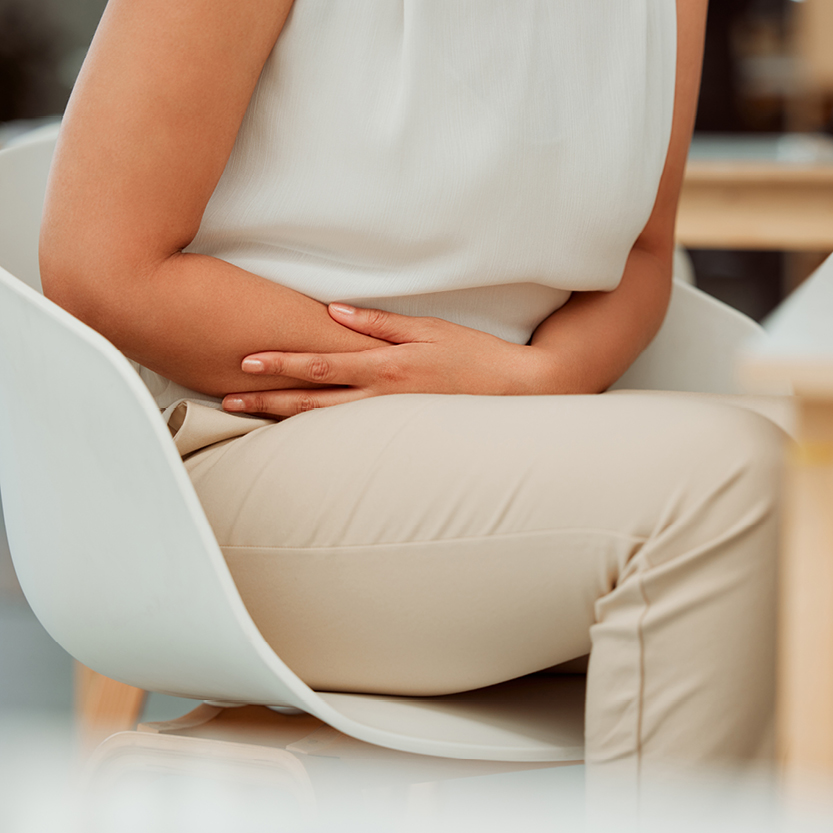How to relieve a UTI and keep it from coming back
Urinary tract infections (UTIs) can burn, and cause multiple trips to the bathroom, making them both painful and disruptive.
What is a UTI?
UTIs are the second most-frequent bacterial infection and they occur in your urinary system, which includes the bladder, urethra, kidneys, and uterus. However, UTIs most commonly impact the urethra and bladder. Women are at a greater risk for UTIs than men, since their urethras are shorter and closer to the rectum, meaning bacteria have a shorter distance to travel. UTIs can typically be cleared up with antibiotics but left untreated, they could spread to the kidneys and create a more serious problem.
What are the symptoms of a UTI?
Sometimes UTIs present only mild symptoms. UTI symptoms are unpleasant but knowing what to expect can help you feel calmer and in control. It is common to experience any of the following:
- A frequent, urgent need to urinate
- Pain or burning when urinating
- Bad-smelling, bloody or cloudy urine
- Soreness, pressure, or cramps in your lower belly, pelvis, back, or sides
What do I do if I think I have a UTI?
A UTI can be easy to self-diagnose, but only a clinician can confirm an infection. To start feeling better, consider a visit to your doctor or an urgent care center for an official diagnosis. They’ll listen to your symptoms and determine if you have a UTI (possibly through a urine sample), and likely prescribe an antibiotic. Getting your symptoms checked out is especially critical if you notice symptoms indicating the infection has spread to the kidneys. Kidney infections need to be treated immediately.
Apart from taking your medications as prescribed, according to Mayo Clinic here are a few steps you can take to relieve symptoms:
- Drink plenty of water. The more you drink the more your body will be forced to flush out the bacteria that are infecting you. Stay away from caffeine and alcohol as these can cause infection to flare up.
- Soothe with a heating pad. Heating pads are safe ways to soothe with heat, however, avoid sitting in a warm bath or hot tub.
- Urinate frequently. This may seem repetitive, especially if you are only passing a trickle of liquid. Keeping your bladder empty is key for preventing more bacteria growth.
How can I prevent a UTI?
According to Mayo, women are more prone to UTIs than men and according to Harvard, up to 30% of women who have a UTI will get another one within 6 months. Here are some recommendations to reduce your chances of getting a UTI.
- Stay hydrated and urinate frequently: drink at least 6-8 glasses of water a day and urinate frequently, so you constantly flush out bacteria and do not allow time for them to grow.
- Wipe from front to back. Wiping the other way around after going to the bathroom, can drag bacteria from the anus to the urethra.
- Practice smart hygiene. Bacteria thrive in warm; damp environments so avoid creating one. Change underwear, tampons, and pads frequently, dry completely after bathing, avoid tight-fitting clothes and urinate after sex.
- Avoid flare-up foods. If you have recurrent UTIs, eliminating certain foods from your diet can help. Your healthcare provider can discuss this with you.
Though UTI symptoms can be painful, don’t forget that they are very common and also treatable.

